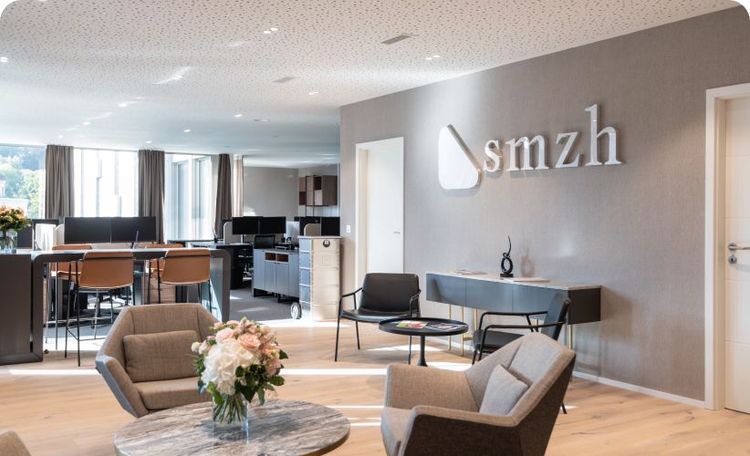Factoring enables companies to convert outstanding accounts receivable into cash at an early stage. In this process, a business sells or assigns its receivables from goods or services to a factoring company (factor) and, in return, receives immediate liquidity. The factor typically also provides additional services such as receivables management and credit risk management,

We analyze your liquidity needs and examine your current debtor situation.
We identify an optimal factoring partner and compare various offers with regard to costs and benefits.
We handle negotiations and secure advantageous conditions for you, particularly in terms of advance ratio, fees, and services.
We accompany you in setting up the factoring process and ensure that all contract terms are implemented correctly.

We look forward to providing a consultation and answering any questions regarding factoring solutions you may have. Contact us and learn more about how factoring can help your business grow effectively.

We look forward to providing a consultation and answering any questions regarding factoring solutions you may have. Contact us and learn more about how factoring can help your business grow effectively.
Fees typically range between 0.5% and 1.5% of the invoice amount depending on creditworthiness, transaction volume, and the number of invoices.
In principle, all high-quality accounts receivable arising from the sale of goods and services – especially those from stable and solvent customers – are eligible.
In true factoring, the factor assumes the full default risk. In recourse factoring, the default risk remains with the company.
Yes, factoring is particularly suitable to safeguard and finance export receivables.